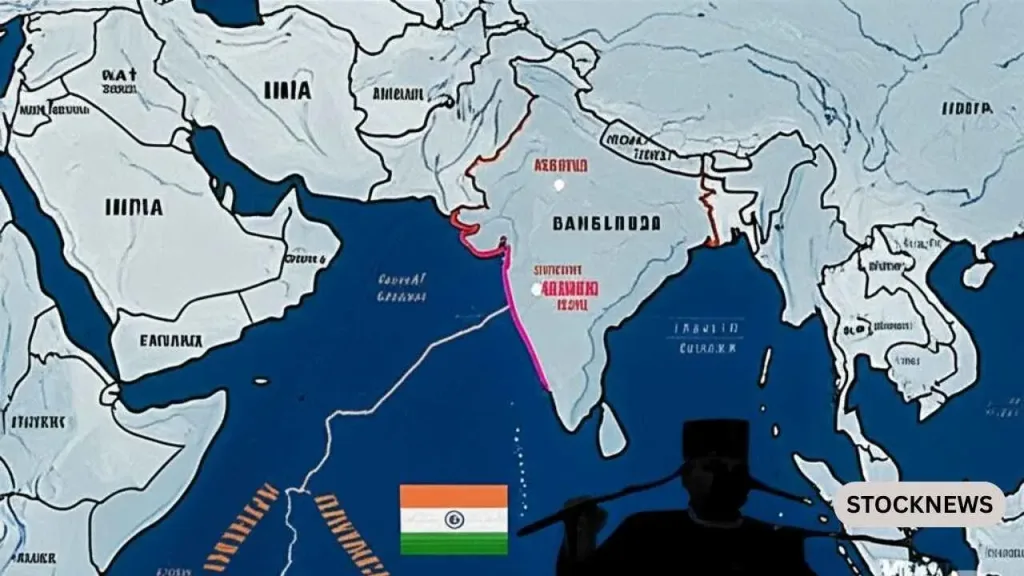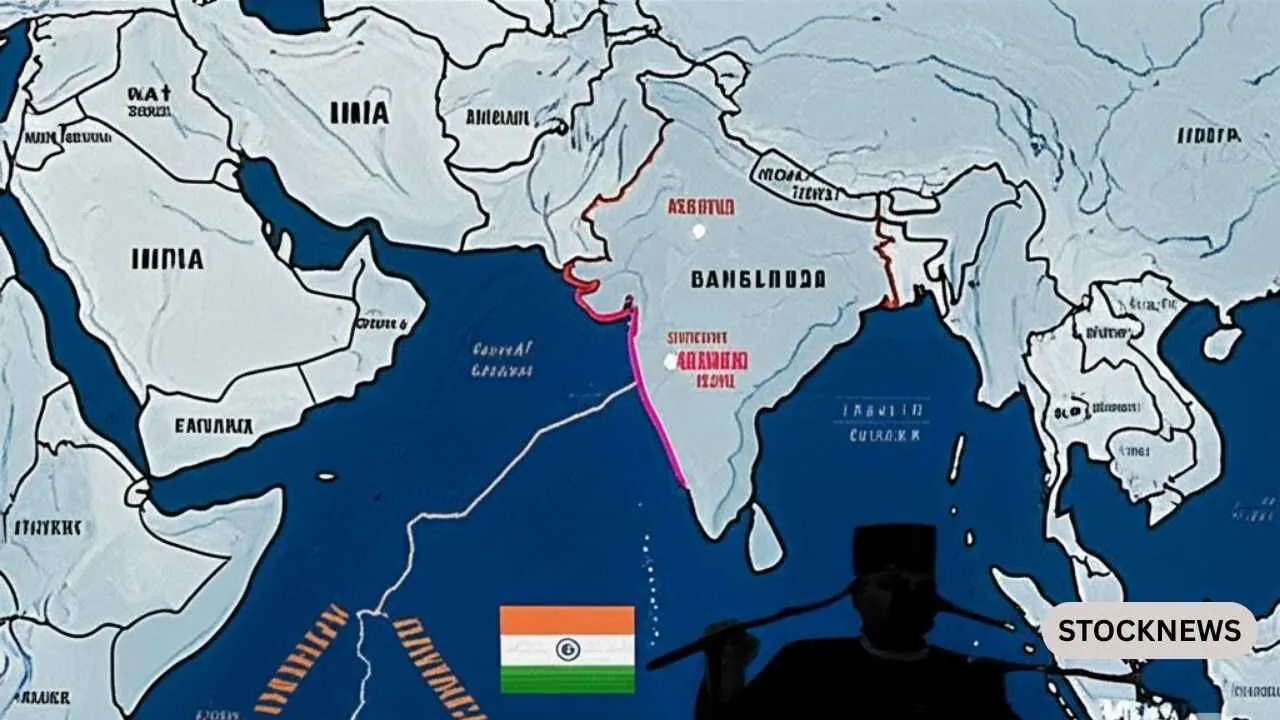A recent statement by a retired Bangladeshi military officer has sparked diplomatic ripples across South Asia, compelling Dhaka to swiftly distance itself from the remarks amid rising tensions between India and Pakistan.
Major General (Retd.) Fajlur Rehman, once a prominent figure in Bangladesh’s military establishment, ignited controversy during a recent public address when he suggested that Bangladesh could leverage strategic opportunities if conflict escalated between India and Pakistan. Specifically, he hinted at Bangladesh potentially asserting influence over India’s Northeast—a region connected to the mainland by the narrow and geopolitically sensitive Siliguri Corridor, also known as the “Chicken’s Neck.”
Rehman further argued that Bangladesh should withhold sea access to landlocked Northeastern Indian states and encouraged greater Chinese investment in the region. He went so far as to suggest a stronger strategic partnership with Beijing—remarks that alarmed observers in both New Delhi and Dhaka.
Swift Rebuttal from Bangladesh Government
Within 24 hours of the comments surfacing, Bangladesh’s Foreign Ministry issued a firm clarification, categorically stating that the views expressed by the retired officer were entirely personal and did not reflect the policy or position of the Government of Bangladesh.
“The Government of Bangladesh disassociates itself from the comments made by Major General (Retd.) Fajlur Rehman,” the statement read. “Bangladesh remains committed to peaceful regional cooperation and non-interference in the affairs of its neighbors.”
The prompt disavowal underscored Dhaka’s sensitivity to the volatile geopolitical climate, particularly as India and Pakistan remain locked in heightened diplomatic and military strain. With India recently suspending the Indus Waters Treaty with Pakistan and tightening its stance on regional security, there is growing apprehension in Bangladesh that similar measures could be directed its way.
Water Diplomacy at a Crossroads
One of the key flashpoints in India-Bangladesh relations is the Ganga Water Treaty, signed in 1996. This crucial agreement governs the distribution of Ganga river waters during the dry season and is set for renewal in 2026.
Prominent Bangladeshi water expert Professor Ainun Nishat voiced concerns about the future of the treaty, warning that New Delhi’s recent actions against Islamabad could serve as a precedent. “If India can unilaterally halt water cooperation with Pakistan during tensions, Dhaka must be vigilant about its own treaty security,” said Nishat.
In March 2025, officials from both nations met in Kolkata to review treaty implementation and flow measurements. However, trust has been tested by recent political transitions in Bangladesh, including a change in leadership and growing overtures to China in regional water projects—such as the Teesta River development—seen by India as a strategic encroachment.
Regional Balancing Act
Analysts suggest Bangladesh is attempting a delicate balancing act—strengthening ties with China and Pakistan while trying not to provoke a retaliatory stance from India. The latter’s recent display of hardline diplomacy, especially following cross-border tensions with Pakistan, serves as a cautionary backdrop.
There is also domestic pressure within India to take a firmer stance on illegal immigration. With the implementation of the Citizenship Amendment Act (CAA) and National Register of Citizens (NRC) gaining traction, Indian authorities have intensified efforts to identify and deport undocumented migrants, including thousands from Bangladesh.
States such as Assam, Gujarat, and Delhi have reported significant numbers of Bangladeshi nationals being detained and issued expulsion orders. These developments add a human dimension to the geopolitical narrative, with livelihoods and communities caught in the crossfire of diplomatic maneuvering.

Looking Ahead
As 2026 approaches, all eyes will be on how India and Bangladesh navigate the renewal of the Ganga Water Treaty—an issue emblematic of larger regional dynamics. With a fragile peace in the subcontinent and increasing external influence from global powers, the stakes are high.
What remains to be seen is whether cooler heads will prevail—or whether provocative rhetoric and shifting alliances will push the region closer to a new era of confrontation.
Would you like a brief timeline or visual summary of the India-Bangladesh water treaties and diplomatic milestones?
